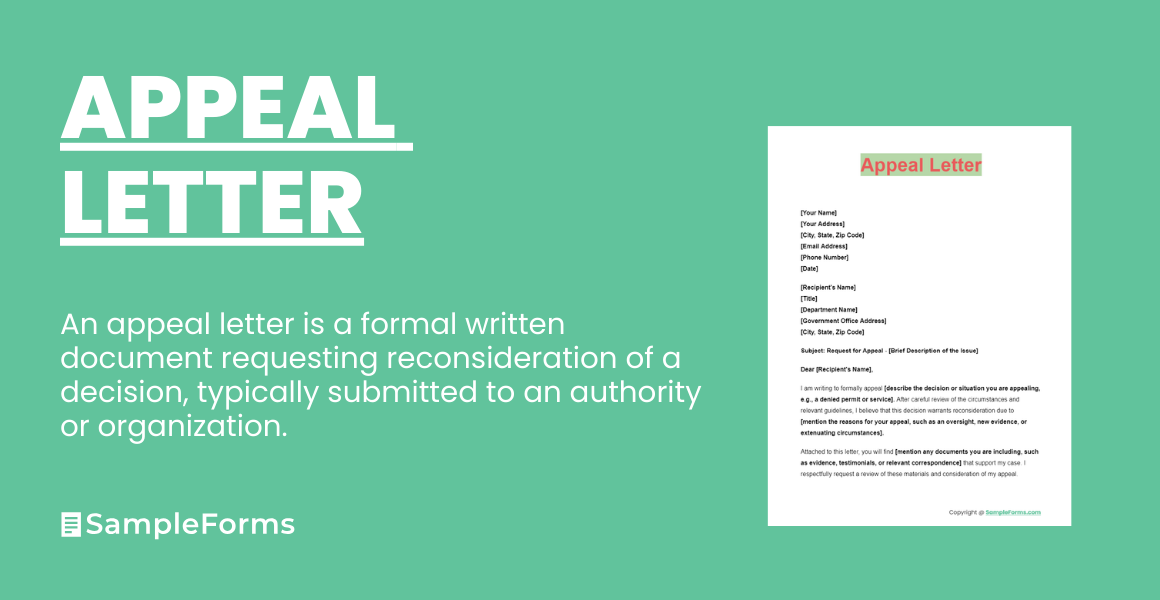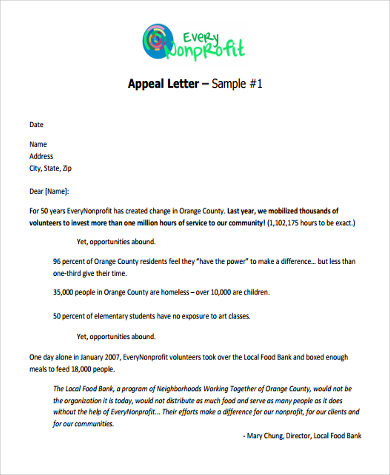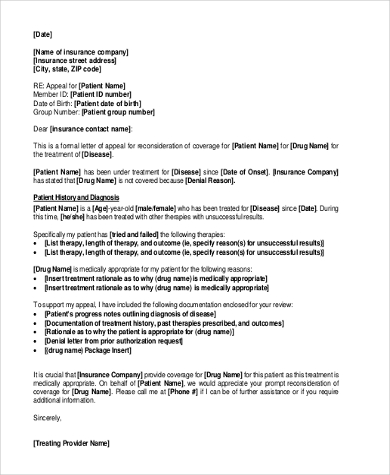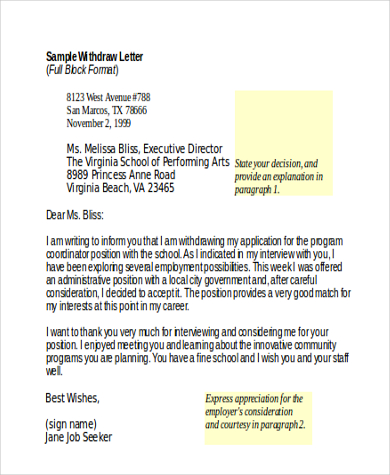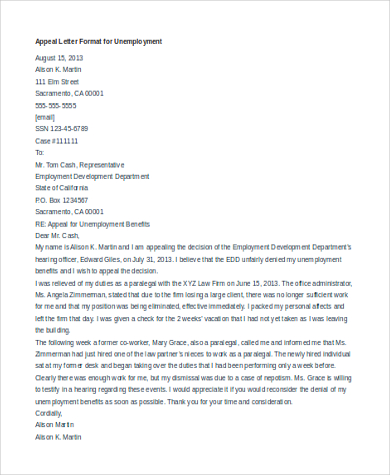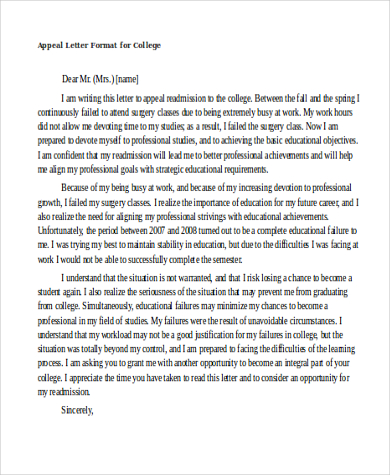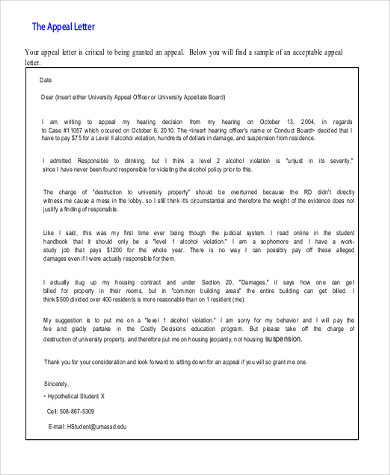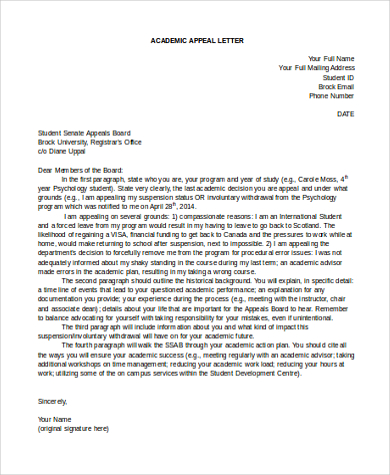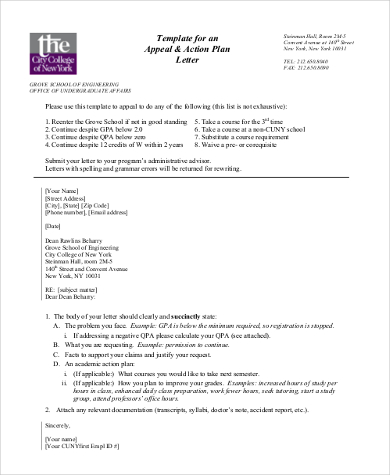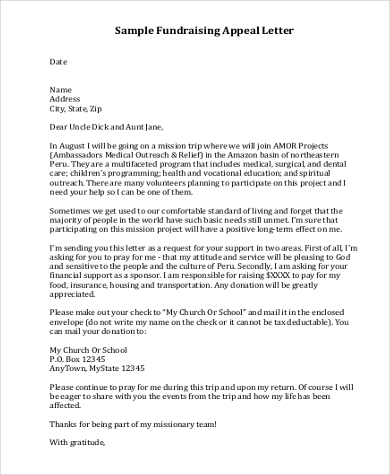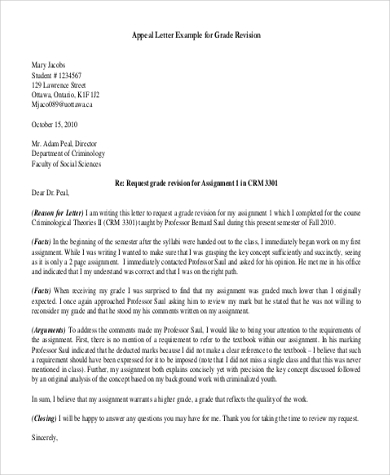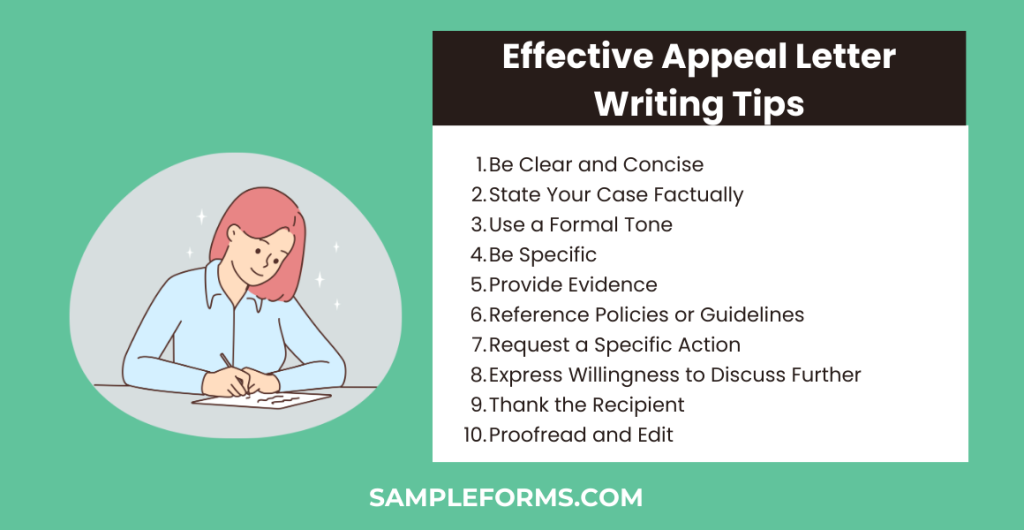Navigating the complexities of appeal letters can be challenging, but with our complete guide, you’ll learn the art of crafting compelling narratives. This guide offers invaluable insights into drafting persuasive Sample Letter and Appeal Letter Format, tailored to elicit positive responses. Our examples are designed to illuminate the path toward successful communication, ensuring your application resonates with its recipients. Dive into the world of appeal letters with us, and elevate your ability to advocate effectively.
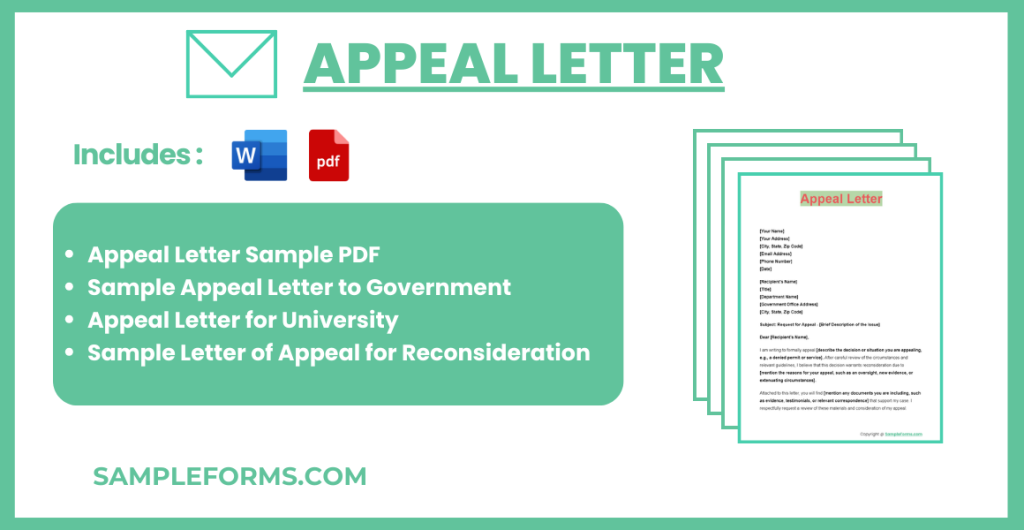
What is an Appeal Letter?
An appeal letter is a formal request for a decision to be reconsidered or revised. It’s a written communication that provides arguments, facts, and evidence to persuade the reader to change a previous decision that negatively affected the sender. Often used in academic, financial, insurance, and legal contexts, an appeal letter seeks to clearly articulate a justifiable reason for the appeal, aiming to secure a favorable outcome. This crucial document bridges misunderstanding gaps and aligns both parties towards a common understanding or compromise.
Appeal Letter Format
- Heading and Salutation
- Address the letter to the specific department or individual (e.g., Admissions Office, Dean of Admissions).
- Use a formal salutation, including the recipient’s title and last name.
- Introduction
- State your purpose for writing.
- Include your full name, application ID or reference number, and details about the program and academic year you applied for.
- Body Paragraphs
- First Paragraph: Briefly explain the reason for your appeal.
- Middle Paragraph(s): Provide details about new achievements, improved qualifications, or extenuating circumstances not included in your original application.
- Concluding Paragraph: Reiterate your commitment to the university and how you plan to contribute to the campus community.
- Closing
- Politely request reconsideration of your application.
- Express appreciation for the recipient’s time and consideration.
- Include a formal closing (e.g., “Sincerely,”), followed by your signature (if sending a hard copy), full name, and contact information.
- Attachments
- Mention any documents you are enclosing with your appeal letter (e.g., updated transcripts, letters of recommendation).
Appeal Letter Sample PDF
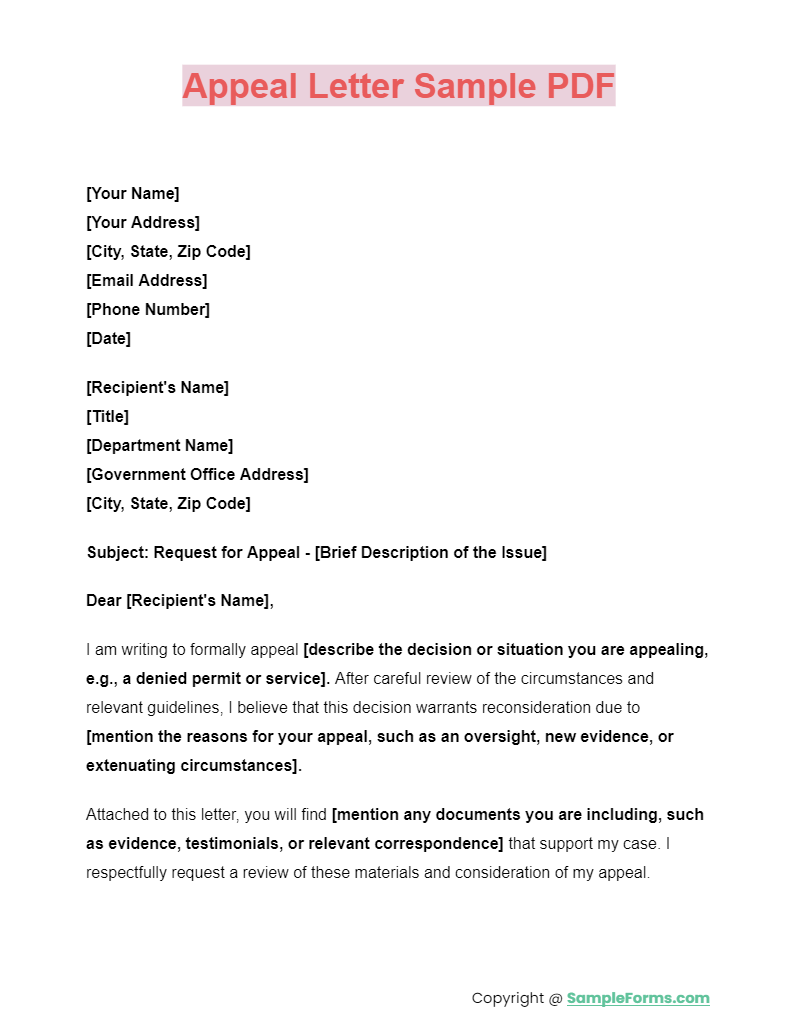
Discover how to craft a persuasive Appeal Letter with our Sample PDF, integrating essential elements of a Formal Letter to ensure clarity and effectiveness in your appeal process.
Sample Appeal Letter to Government
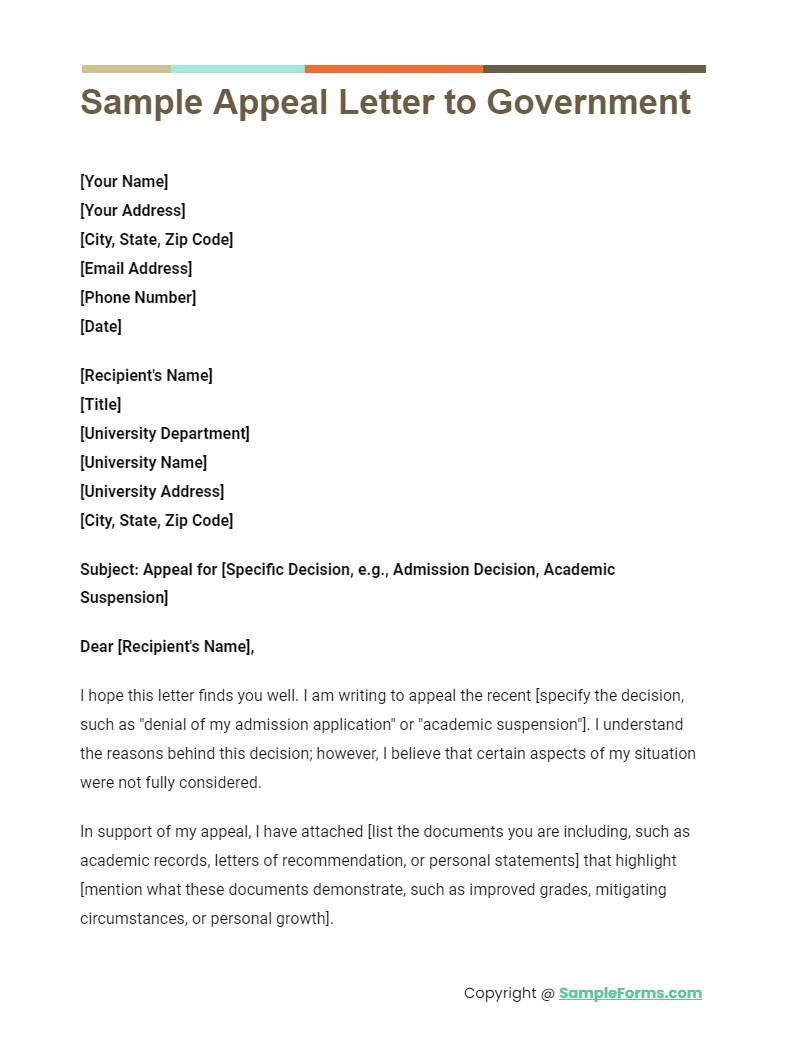
Learn to navigate governmental appeals with a Sample Appeal Letter to Government, incorporating a Letter of Intent to articulate your request professionally and succinctly.
Appeal Letter for University
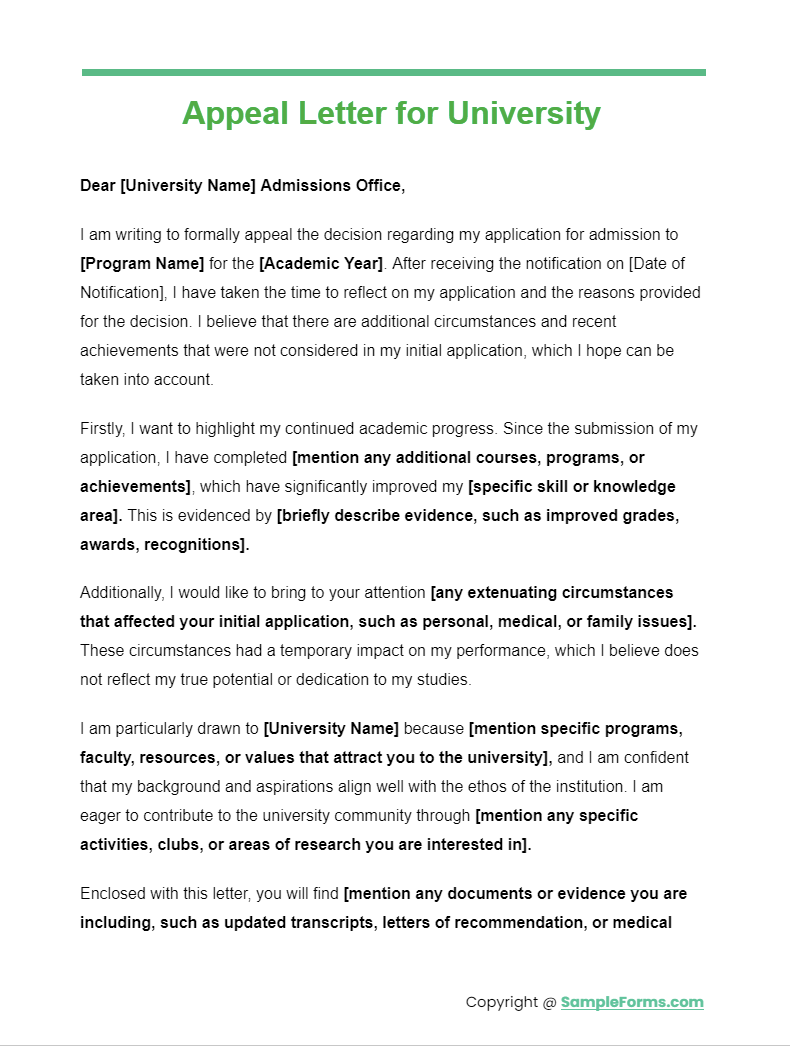
Our guide on drafting an Appeal Letter for University emphasizes the importance of a Reference Letter, showcasing your academic achievements and underlining your appeal’s legitimacy.
Sample Letter of Appeal for Reconsideration
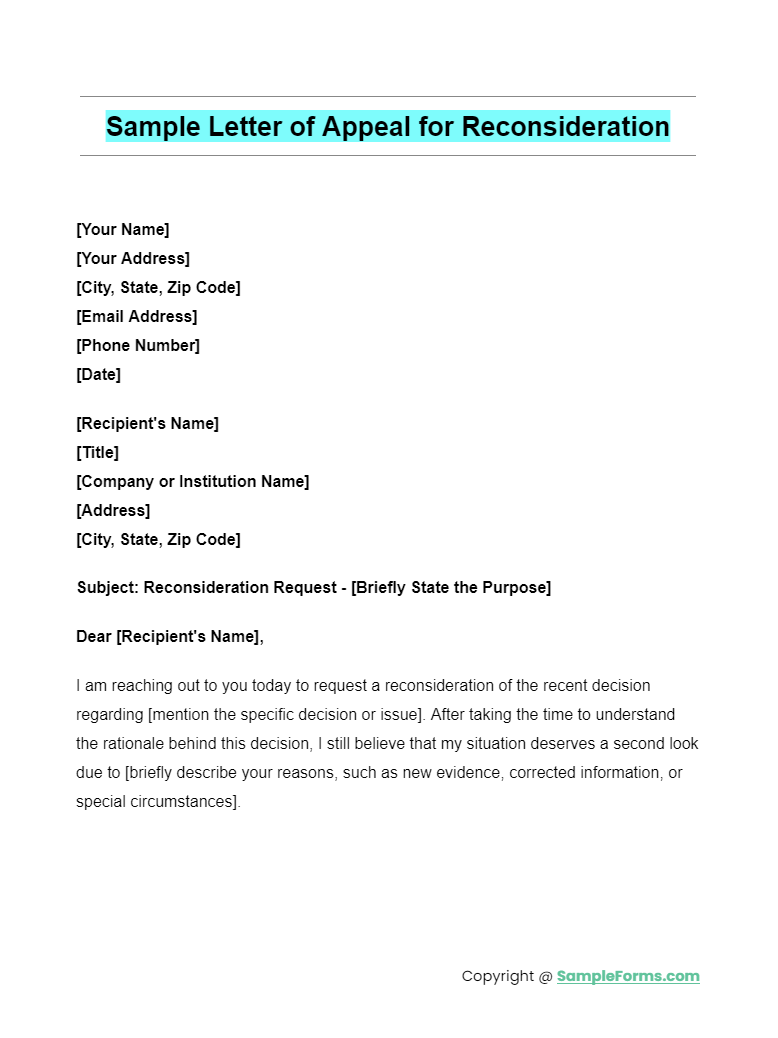
This guide provides a comprehensive Sample Letter of Appeal for Reconsideration, featuring strategies to include a Letter of Application Form, enhancing your plea for a favorable review.
By incorporating key elements such as a Letter of Consent, Authorization Letter, Letter of Resignation, and Job Acceptance Letter appropriately across different appeal letters, you can tailor your message for maximum impact, adhering to formalities while presenting a compelling case.
Fund Appeal Letter Format
Appeal Formal Letter Format
Appeal Withdrawal Letter Format
Appeal Letter Format for Unemployment
Appeal Letter Format for College
Appeal Letter Email Format
Academic Appeal Letter Format
School Appeal Letter Format
Fundraising Appeal Letter Format Example
Appeal Letter Format for Grade Revision
Effective Appeal Letter Writing Tips
- Be Clear and Concise: Start with a straightforward statement of what you’re appealing and why, similar to the focus of a job application cover letter.
- State Your Case Factually: Present facts and evidence without letting emotions take over, as in a business letter.
- Use a Formal Tone: Maintain professionalism as you would in an employee termination letter, showing respect for the process and the recipient.
- Be Specific: Like a detailed retirement resignation letter doc, clearly articulate the reasons for your appeal and the outcome you seek.
- Provide Evidence: Include relevant documents or evidence to support your claim, akin to substantiating details in an application letter.
- Reference Policies or Guidelines: If applicable, refer to specific policies or guidelines, as one would in a letter of intent format, to strengthen your case.
- Request a Specific Action: Just as in a character reference for immigration recommendation letter, ask for a precise response or remedy.
- Express Willingness to Discuss Further: Offer to provide more information or meet in person, showing openness like in a job application cover letter.
- Thank the Recipient: Acknowledge the recipient’s time and consideration, as you would at the end of an internship recommendation letter.
- Proofread and Edit: Ensure your letter is free of errors, reflecting the care in preparing an insurance termination letter, to present your best case.
How do you Write a Powerful Appeal Letter?
Writing a powerful appeal letter involves several critical steps:
- Start with a clear introduction, identifying yourself and the purpose of your letter, similar to crafting a Letter of Authorization to establish your position.
- Explain the situation with factual precision, ensuring your narrative is as compelling as a Cover Letter for Internship, engaging and clear.
- Present your arguments logically, incorporating evidence and details as you would in a Teacher Cover Letter, personalized and persuasive.
- Conclude with a call to action, respectfully requesting reconsideration, akin to the concise appeal found in a Job Recommendation Letter.
What is the Purpose of Appeal Letter?
The purpose of an appeal letter is multi-fold:
- To formally challenge a decision or action, similar to the objective focus in an Immediate Resignation Letter.
- To provide a platform for presenting your case or perspective, offering a narrative as detailed as a Letter of Interest.
- To seek a favorable outcome through a reconsideration, embodying the hopeful request seen in a Personal Recommendation Letter.
How do I Write a Letter of Appeal for a Denied Claim?
To write an appeal letter for a denied claim, follow these steps:
- Clearly state your objective at the beginning, as if drafting a College Letter of Recommendation, to immediately clarify your intentions.
- Detail the denied claim, including dates and specifics, akin to outlining contributions in a Thank You Letter for Donation.
- Provide evidence or documentation supporting your appeal, as critical as specific achievements in a Internship Recommendation Letter.
- Request a review or hearing, politely urging a second evaluation, mirroring the respectful tone of a well-composed Insurance Termination Letter.
What Happens when Someone Makes an Appeal?
When someone makes an appeal:
- The appeal is formally received and reviewed, similar to the acknowledgment phase of a Recommendation Letter for Scholarship.
- A decision-making body or individual considers the appeal, akin to the evaluation process in Recommendation Letter for Student deliberations.
- Communication of the decision to the appellant, ensuring clarity and transparency as seen in a Donation Letter.
What are the 3 Possible Outcomes of an Appeal?
The three possible outcomes of an appeal include:
- Approval or Full Reversal, where the original decision is completely overturned, echoing the joy in receiving a Job Recommendation Letter.
- Partial Reversal or Modification, adjusting the original decision but not fully reversing it, similar to the negotiation process in a Job Offer Acceptance Letter.
- Denial, where the appeal does not result in any change, requiring the same level of formal acknowledgment found in an Immediate Resignation Letter.
Common Reasons for a Denial and Examples of Appeal Letters
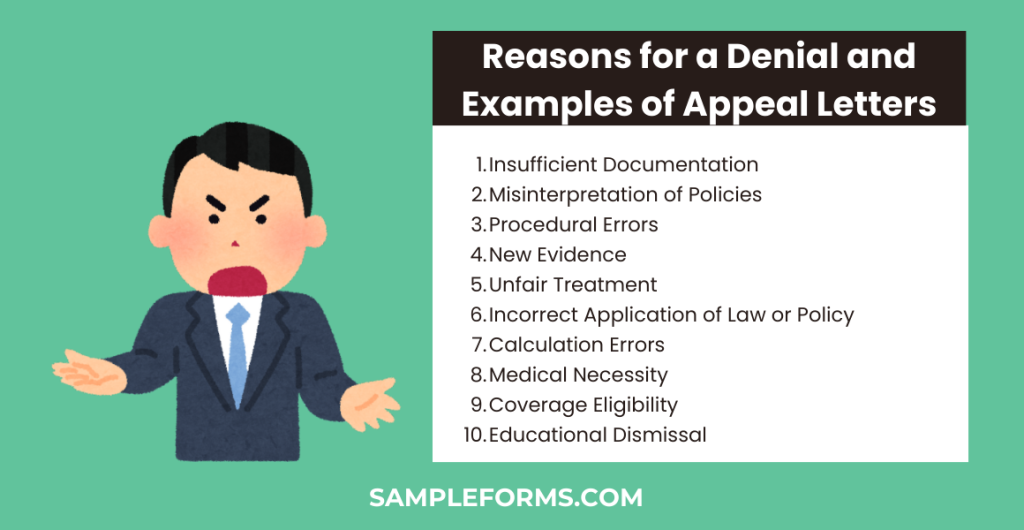
- Insufficient Documentation: Denied due to a lack of required evidence. An appeal letter would detail the submission of additional documents to support the original claim.
- Misinterpretation of Policies: Denied because the decision-maker misunderstood the applicable policies. The appeal letter would clarify the policies and how they apply to your situation.
- Procedural Errors: Denied due to mistakes in how the original decision was made. An appeal letter would point out these errors and request a review based on correct procedures.
- New Evidence: Denied because crucial information was not available at the time of the original decision. An appeal letter would present this new evidence and ask for a reconsideration.
- Unfair Treatment: Denied on grounds that seem unfair or discriminatory. The appeal letter would argue for fairness and equality, referencing the specific instances of perceived unfair treatment.
- Incorrect Application of Law or Policy: Denied because laws or policies were applied incorrectly. An appeal letter would explain the correct application and how it supports your case.
- Calculation Errors: Denied due to numerical or calculation mistakes. An appeal letter would correct these errors and illustrate the impact on the decision.
- Medical Necessity: Denied with claims that a medical procedure was not necessary. The appeal letter would include medical evidence and doctor’s statements to prove the necessity of the procedure.
- Coverage Eligibility: Denied by insurance due to questions about eligibility for coverage. The appeal letter would provide proof of eligibility and request that the decision be reversed.
- Educational Dismissal: Denied continuation in an educational program due to grades or conduct. The appeal letter would present evidence of improvement or extenuating circumstances that affected your performance.
When Should I write an Appeal Letter?
Write an appeal letter immediately after receiving a decision that affects your interests negatively, akin to a prompt Business Letter response to maintain professional timeliness.
What should a Letter of appeal Look Like?
A letter of appeal should be formal and structured, similar to a Teacher Resignation Letter, clearly stating your case, evidence, and the outcome you seek, maintaining respect and clarity.
How long do most Appeals Take?
Most appeals take several weeks to months, depending on the complexity and the reviewing body, similar to the processing time of an Employee Termination Letter.
How Many Times can you make An Appeal?
You can typically make an appeal once at each level of the decision-making process, echoing the finality of a Retirement Resignation Letter Doc.
On what Grounds can you Appeal?
You can appeal on grounds of procedural errors, new evidence, or unfair treatment, similar to justifications in an Application Letter for reconsideration of a decision.
What Percentage of People Win Appeals?
The percentage of successful appeals varies widely by case and jurisdiction, not unlike the varied success rates of Letter of Intent Format submissions in different professional contexts.
What is the Outcome of Most Appeals?
Most appeals result in the original decision being upheld, modified, or reversed, akin to the varied responses to a Character Reference for Immigration Recommendation Letter, impacting the appellant’s situation significantly.
Related Posts
-
Security Deposit Return Letter
-
FREE 5+ Fraternity Recommendation Letters in PDF
-
Audit Response Letter
-
Medical School Recommendation Letter
-
Law School Recommendation Letter
-
FREE 9+ Paralegal Recommendation Letters in PDF | MS Word
-
FREE 9+ Professional Recommendation Letters in PDF | MS Word
-
FREE 5+ Employment Resignation Letters in PDF
-
Official Resignation Letter
-
Character Reference Letter for Immigration
-
Job Recommendation Letter
-
Tenant Recommendation Letter
